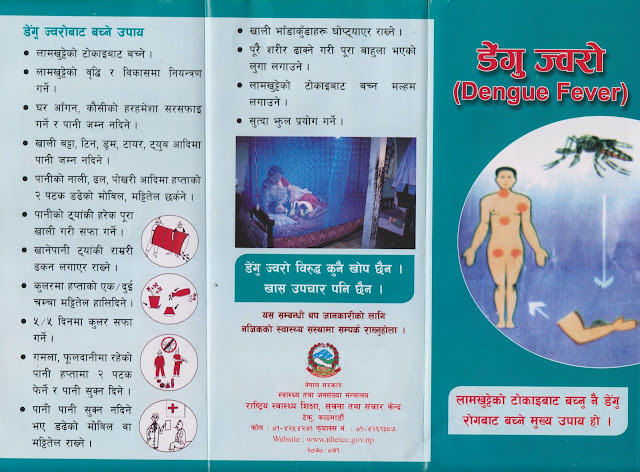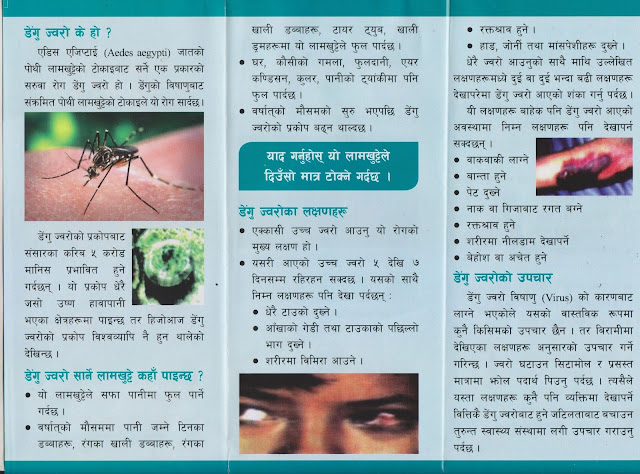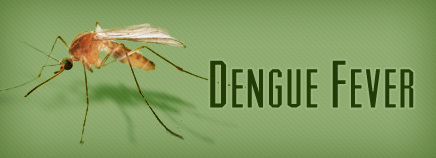Prevention & Control of Dengue Fever
- Dengue is a mosquito-borne viral infection.
- The infection causes flu-like illness, and occasionally develops into a potentially lethal complication called severe dengue.
- Dengue virus is transmitted by female mosquitoes mainly of the species Aedes aegypti and, to a lesser extent, Ae. albopictus.
- The global incidence of dengue has grown dramatically in recent decades. About half of the world’s population is now at risk.
- Dengue is found in tropical and sub-tropical climates worldwide, mostly in urban and semi-urban areas.
- Severe dengue is a leading cause of serious illness and death among children in some Asian and Latin American countries.
- There is no specific treatment for dengue/ severe dengue, but early detection and access to proper medical care lowers fatality rates below 1%.
- Dengue prevention and control depends on effective vector control measures.
Prevention and control
- preventing mosquitoes from accessing egg-laying habitats by environmental management and modification;
- disposing of solid waste properly and removing artificial man-made habitats;
- covering, emptying and cleaning of domestic water storage containers on a weekly basis;
- applying appropriate insecticides to water storage outdoor containers;
- using of personal household protection such as window screens, long-sleeved clothes, insecticide treated materials, coils and vaporizers;
- improving community participation and mobilization for sustained vector control;
- applying insecticides as space spraying during outbreaks as one of the emergency vector-control measures;
- active monitoring and surveillance of vectors should be carried out to determine effectiveness of control interventions.

Prevention & Control of Dengue Fever





